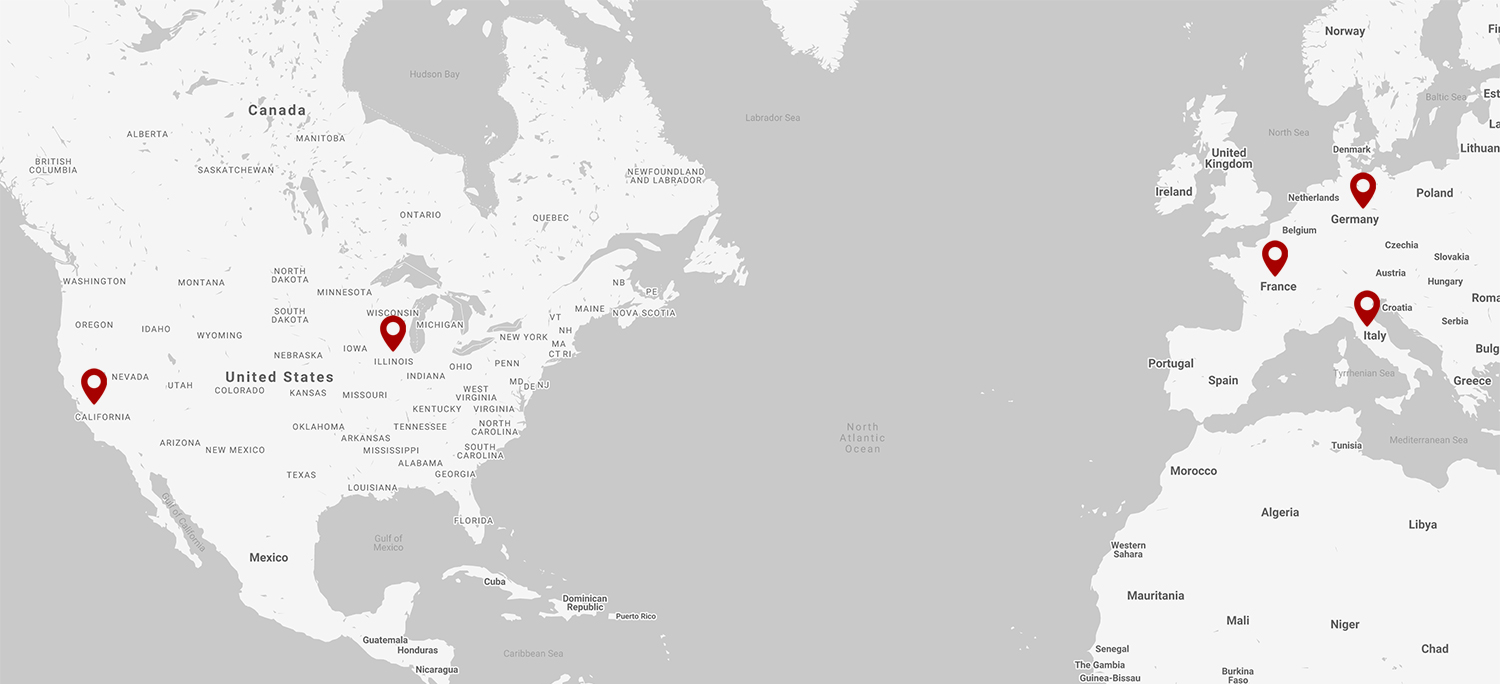Every company has a natural size, dictated by the problem it tries to solve. Understanding this concept is enormously important for entrepreneurs as they start their company, as it determines what kind of company to build and how to grow it.
Say that your dream in life is to provide freshly baked high quality pizza slices to your neighborhood. You can probably do so with 2 people: one cook and one person to take orders and wait tables, or deliver. Initial financing could come from savings, family, or a loan from a bank. It would be foolish to hire 10 people or go looking for VC money, since your little pizzeria could never grow 10x in 5 years and be sold or go public, which is what VCs want.
Now, say your dream is to eradicate polio. Obviously you're not going to be able to do so with 2, or even 20 people. You need huge amounts of money and a global network of institutional partners... It takes Bill Gates for something like this to even have a chance.

I give this advice to every first-time entrepreneur I talk to: think about the problem your company is trying to solve, and your product as you envision it a few years down the road. Next, put yourself in your customers' shoes and think: as a customer, what kind of company do I want to buy this product from? What's the 'natural home' for a product like this?
Do your customers expect your support team to be available 24/7? You'd better plan for a global support organization right off the bat, you're not going to be able to run your business on your own. This is the reason we didn't have a SaaS version for the first 2 years of Balsamiq... we just weren't big enough to support it.
Do they expect the product to be included — maybe for free — as part of a bigger product? If so, you should position your company to get acquired by that bigger product! Forget bootstrapping, don't worry about profitability, just do everything you can to make your company palatable to the bigger company. Seek VCs who are already close to that company.
Is your solution a marketplace, or something where network effects are important and there can only be one or two winners? You're going to need a ton of money and people, primarily for marketing and global sales. You could go public in the end, so you should find investors who can help you incorporate in a certain way and get set up with the right accountants and lawyers from the beginning.
The main point I want to make is that you can't fight this.
My dream was to have a tiny 1-person company. The market told me I couldn't. My software became critically important to customers around the world, so they rightfully demanded I hire more people, in case I got hit by a bus. Once we reached 6 people, I tried once again to stop hiring there, and once again the market demanded we grow: we were emerging as the world leader in our niche, and you just can't do so with 6 people. Now we have over 30 employees, which is a size similar to other companies that solve problems similar to ours. We'll see if that's enough.
I remember being really mad about having to grow my company past 6 people: it's MY company, MY dream, shouldn't I have a say in how big MY company gets?? The answer, sadly, is no: if you don't build a company of the right 'natural' size, someone else will.




